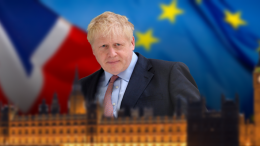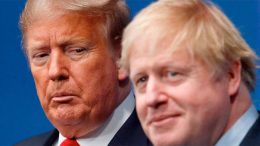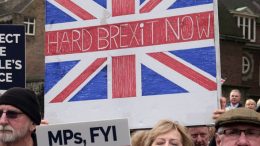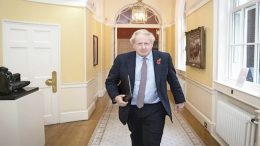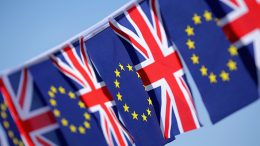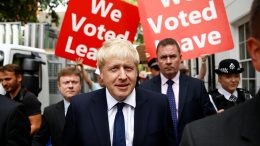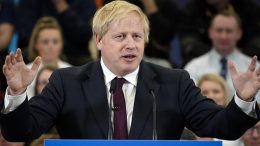Brexit Negotiations Back On: But The Difficult Problems Of The Past Remain
Intermoney | As the pandemic has eased in Europe, long-standing problems have returned to the forefront, one of which is the ever-present Brexit. According to the FT, there is greater willingness to bring positions closer together, so that there would be a breakthrough in the negotiations from 29 June, However, the conflictive issues remain and include: the UK’s demand to hold on to the access to its fishing waters, the disagreements over how to create a regulatory playing field to protect companies from unfair competition. There is also Brussels’ desire to wrap up all the parts of a future relationship into a single legal agreement.

